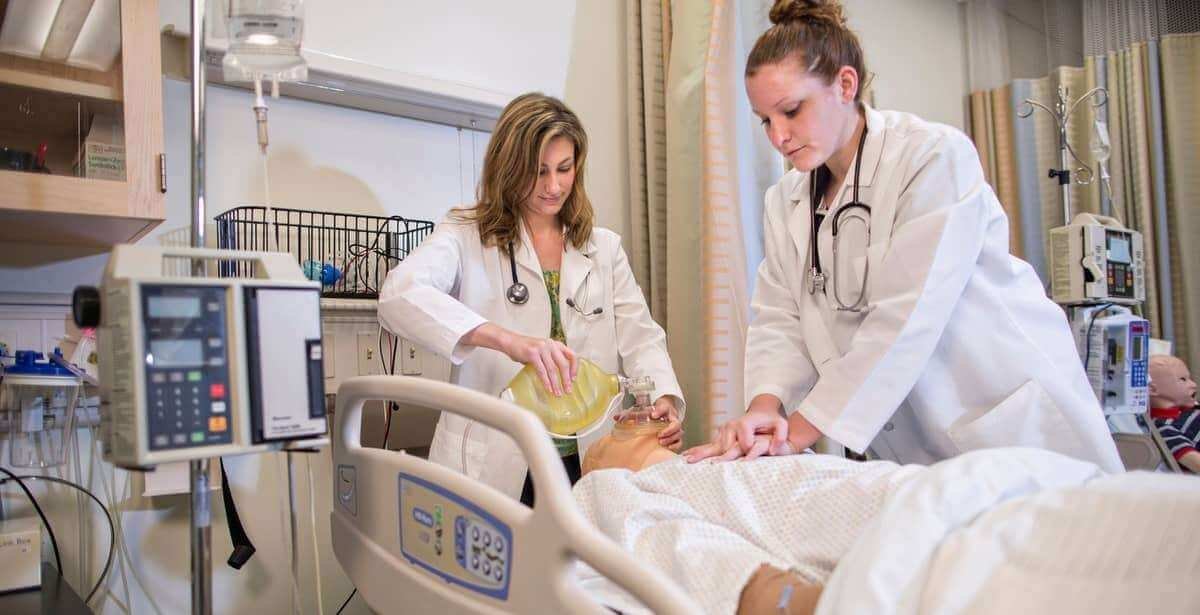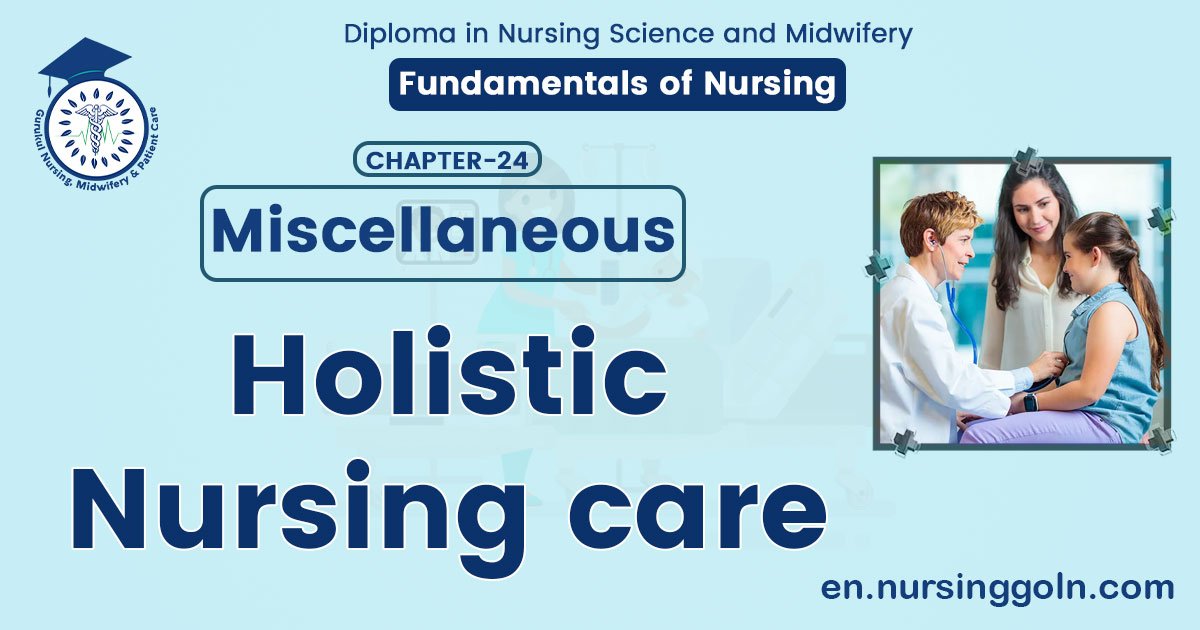Holistic Nursing care – Nursing is a profession within the healthcare sector focused on the care of individuals, families, and communities so they may attain, maintain, or recover optimal health and quality of life. Nurses may be differentiated from other healthcare providers by their approach to patient care, training, and scope of practice. Nurses practice in many specialisms with differing levels of prescriber authority.
Many nurses provide care within the ordering scope of physicians, and this traditional role has shaped the public image of nurses as care providers. However, nurses are permitted by most jurisdictions to practice independently in a variety of settings depending on training level. In the postwar period, nurse education has undergone a process of diversification towards advanced and specialized credentials, and many of the traditional regulations and provider roles are changing.
Nurses develop a plan of care, working collaboratively with physicians, therapists, the patient, the patient’s family, and other team members, that focus on treating illness to improve quality of life. Nurses may help coordinate the patient care performed by other members of an interdisciplinary healthcare team such as therapists, medical practitioners, and dietitians. Nurses provide care both interdependently, for example, with physicians, and independently as nursing professionals.
Holistic Nursing care
According to American Holistic Nurses’ Association, (1998)
Holistic Nursing care is defined as “All nursing practice that has healing the whole person as its goal”
Or
Holistic nursing care is defined as a practice that focuses on healing the whole person through the unity of body, mind, emotion, spirit and environment. It draws on the specialty of nurses who become therapeutic partners with the people they take care of. More than just a medical assistant, holistic nurses believe in the mental attitudes and spirit to help lift the patient’s wellness through this connection.
Or
Holistic Nursing care is

- Nursing activities focus the interrelationship between body-mind-spiritual and social components.
- Recognize that the whole is more than the sum of each part.
- Understanding individual as an integrate whole inter acting with and being acted upon both internal and external environment.
Holistic nursing care is a practice of nursing that focuses on healing the whole person. This practice recognizes that a person is not simply his or her illness. Holistic healing addresses the interconnectedness of the mind, body, spirit, social/cultural, emotions, relationships, context, and environment.
Definition of Holistic Nurse
The holistic nurse is an instrument of healing and a facilitator in the healing process. Holistic nurses honor each individual’s subjective experience about health, health beliefs, and values.
Holistic nurses may integrate complementary/alternative modalities (CAM) into clinical practice to treat people’s physiological, psychological, and spiritual needs. Doing so does not negate the validity of conventional medical therapies, but serves to complement, broaden, and enrich the scope of nursing practice and to help individuals access their greatest healing potential.
Attributes of Holistic Nursing care
- Nurses bring knowledge experience to guide them in becoming therapeutic partners with clients in strengthening the client’s responses to facilitate the healing process and achieve wholeness.
- Use awareness to facilitate healing.
- Provide cultural-congruent care.
Ways to Develop Holistic Nursing Care

There is no one way to approach a client and no single inter personal strategy that works equally well with every client. Nurses who carry or believe in client centered care bring about their knowledge and skills to each client involuntary.
Novice nurses or nursing students can develop holistic nursing care through the following guidelines:
- Study and analyze the concepts.
- Determine if you use a bio-psycho-social-spiritual model to guide your clinical practice.
- Determine whether there are areas of fragmentation in your personal life.
- Explore the steps that increase your commitment to your holistic development process.lok
- Integrate the standards of holistic into clinical practice.
These standards include :
a) Client centered care include family and significant others. to stori
b) Nurses- focused concepts (committed to personal development).
c) Cultural care.
d) Health education and mutual decision making.
e) Health promotion.
f) Spiritual care.
g) Care of the environment.
h) Use of nursing process.
i) Use of research to guide clinical practice.
